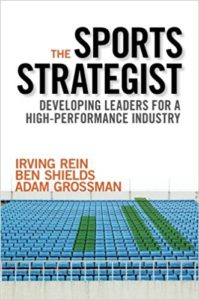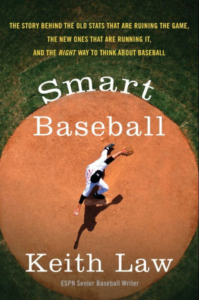Sports:
I prefer it when my links are about on-field actions, but it’s been a slow week. The Reds have not been good, and I haven’t watched other sports.
NBA2K League players paid more than G-League players.
The Marlins Will Sue Almost Anyone.
The carriage fee for Pac-12 Network is way down.
Energy:
Drones Are Lowering the Cost of Clean Energy.
Other:
It’s time to rebuild the web.
Dash writes about the demise of the View Source browser feature, which dispays the HTML from which the web page is built. View Source isn’t dead, but it’s sick. He’s right that the web succeeded, in part, because people with little background could look at the source for the pages they liked, copy the code they wanted, and end up with something that looks pretty good. Today, you can no longer learn by copying; while View Source still exists on most browsers, the complexity of modern web pages have made it next to useless. The bits you want are wrapped in megabytes (literally) of JavaScript and CSS.
and
Much as we may complain about Facebook, selecting relevant content from an ocean of random sites is an important service. It’s easy for me to imagine relatives and friends building their own sites for baby pictures, announcements, and general talk. That’s what we did in the 90s. But would we go to the trouble of reading those all those sites? Probably not. I didn’t in the 90s, and neither did you.
We already have a tool for solving this problem. RSS lets websites provide “feeds” of news and new items. Applications like Feedly and Reeder let you build a collection of sites that interest you, and show you what’s changed since the last time you visited. While I’d never check a dozen sites each day, I use Feedly to monitor hundreds of websites. I would never check those sites by hand, but I scan Feedly every morning. And, unlike Facebook, Feedly doesn’t know anything about its users except for the sites they read.
You should really use Feedly.


